The recordings and resource sheets for the following webinars are now available (see the buttons on the left hand side).
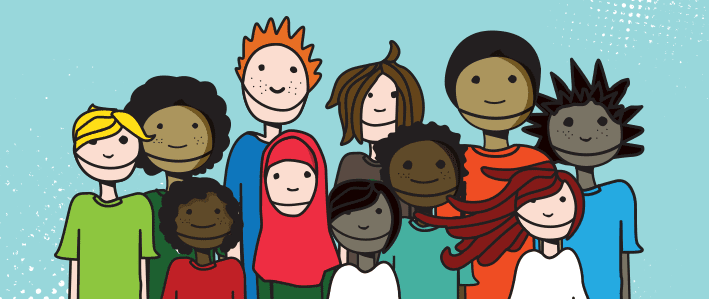


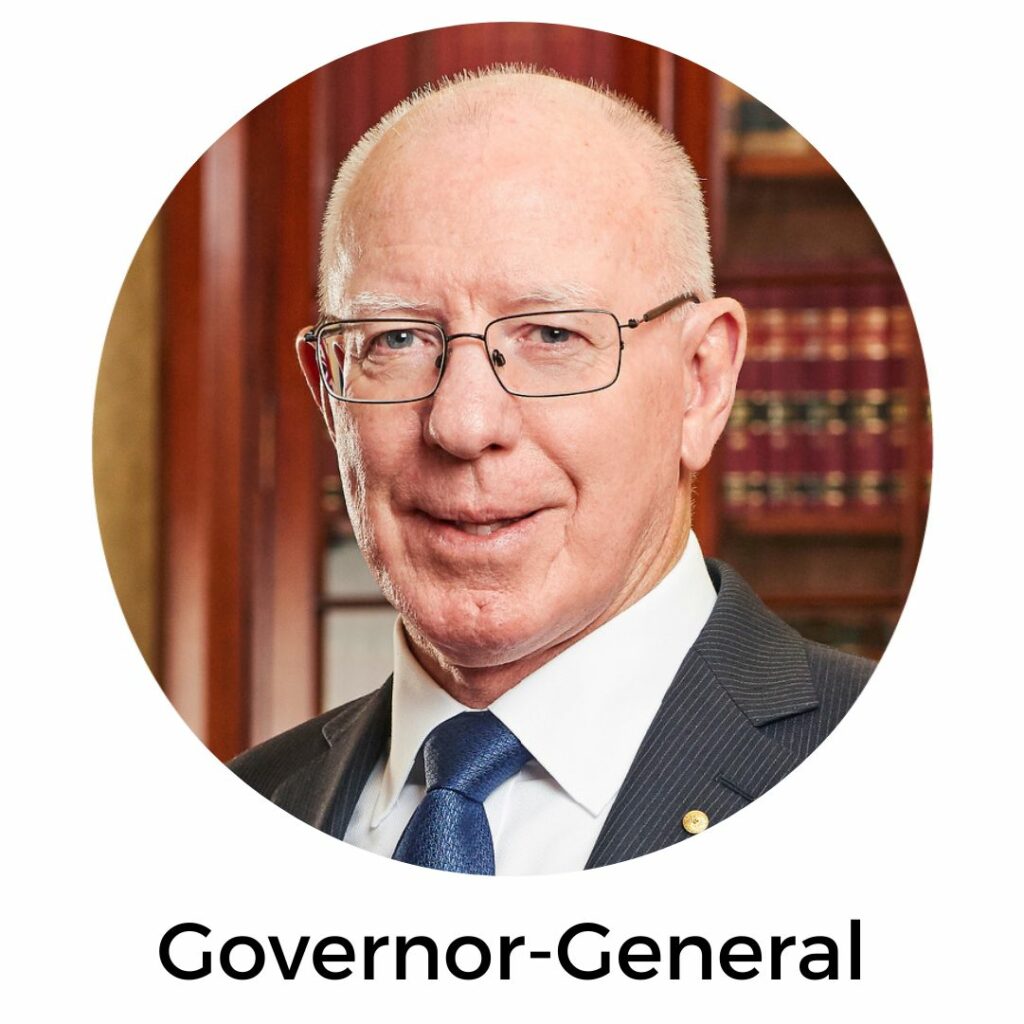
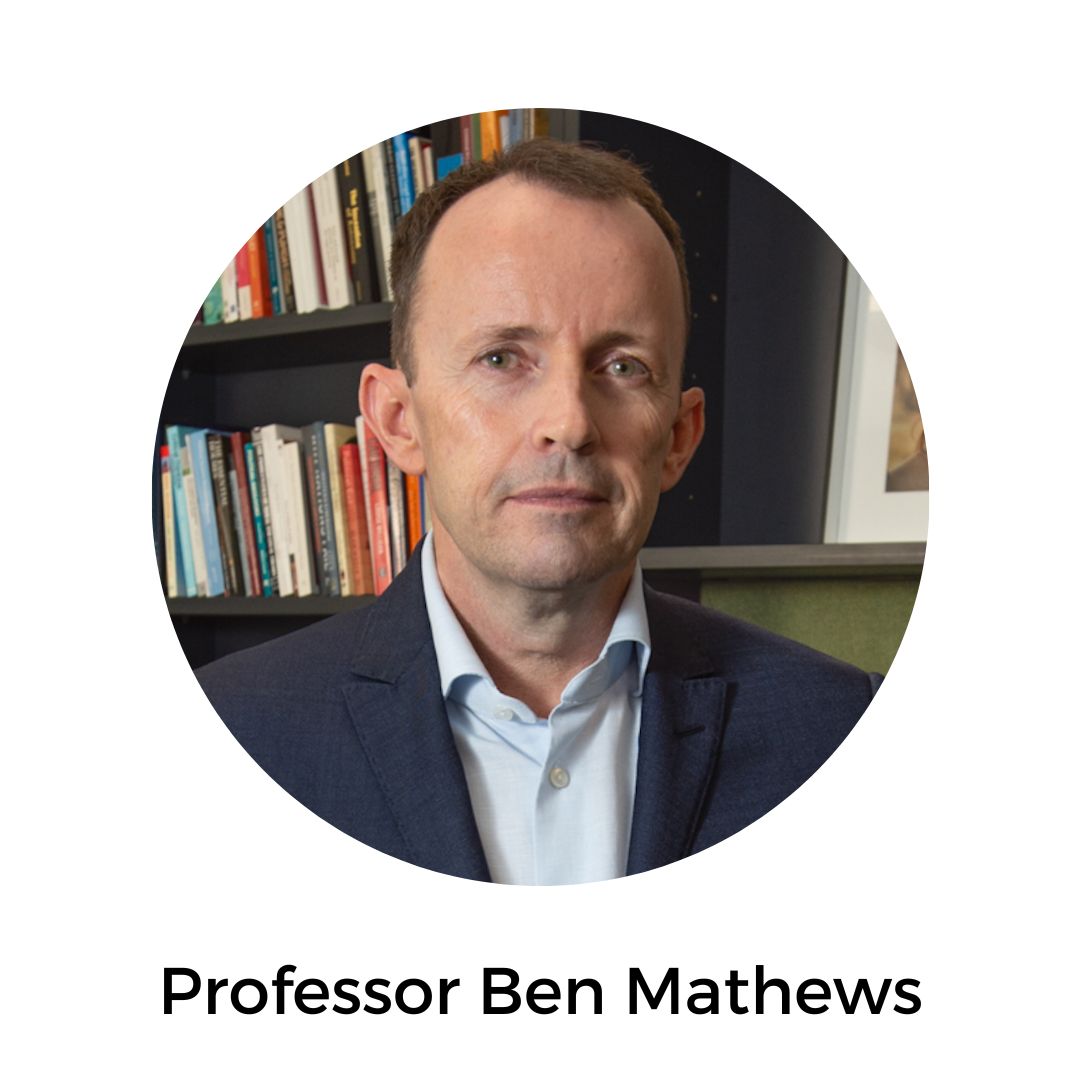
The official launch of National Child Protection Week 2023 by the Governor-General, His Excellency General the Honourable David Hurley AC DSC (Retd) and Her Excellency, Mrs Linda Hurley was live-streamed and is now available as a recording.
Professor Ben Mathews provided insight into the sobering findings of the Australian Child Maltreatment Study.
The Study tells us loud and clear that child maltreatment is widespread and harmful.
Professor Mathews took us beyond the statistics to highlight the power of this world-first study as an opportunity for Australia to transform our nation.
Child maltreatment is preventable. Together, we can be part of the generation that turns the curve for every Australian child to get a fair go.
Professor Ben Mathews is a Professor in the School of Law at Queensland University of Technology and Adjunct Professor at Johns Hopkins University Bloomberg School of Public Health. He is an internationally renowned researcher into child maltreatment, and is Lead Investigator of the Australian Child Maltreatment Study.
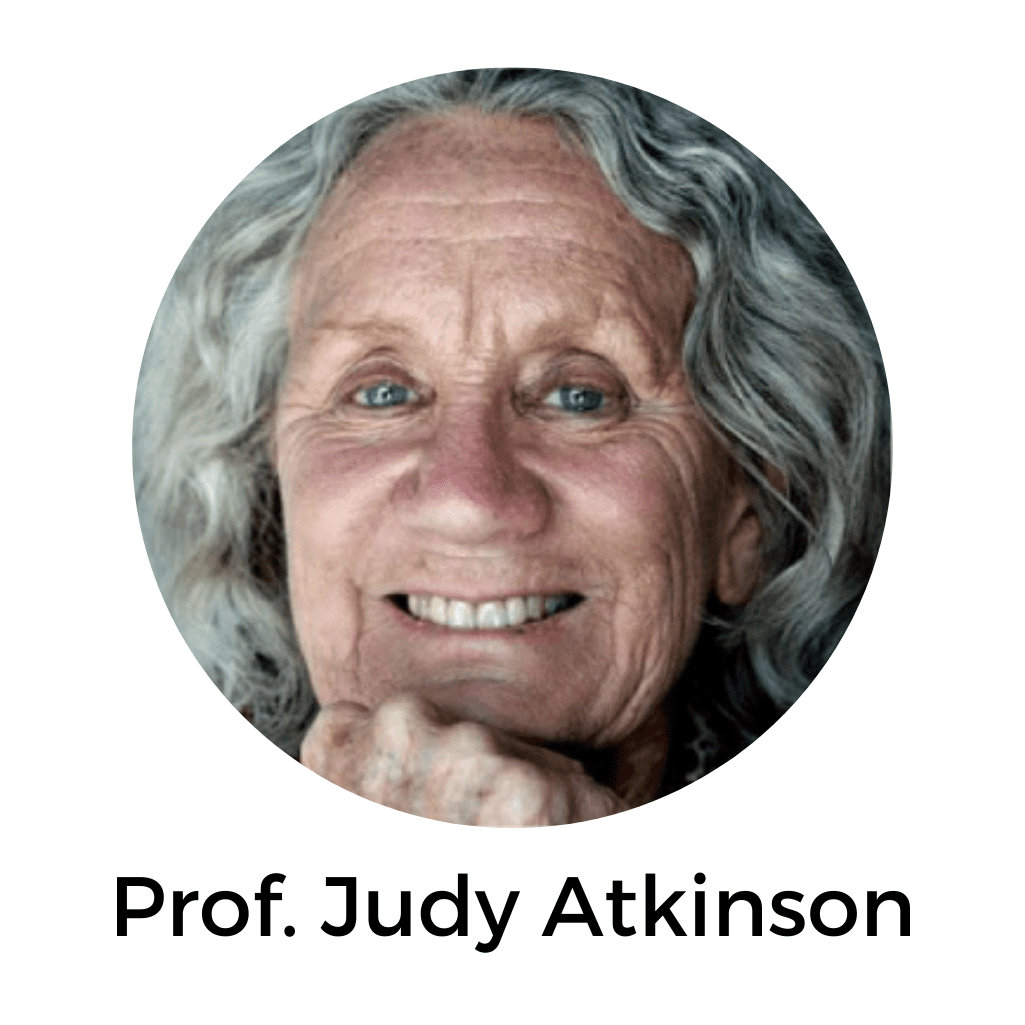
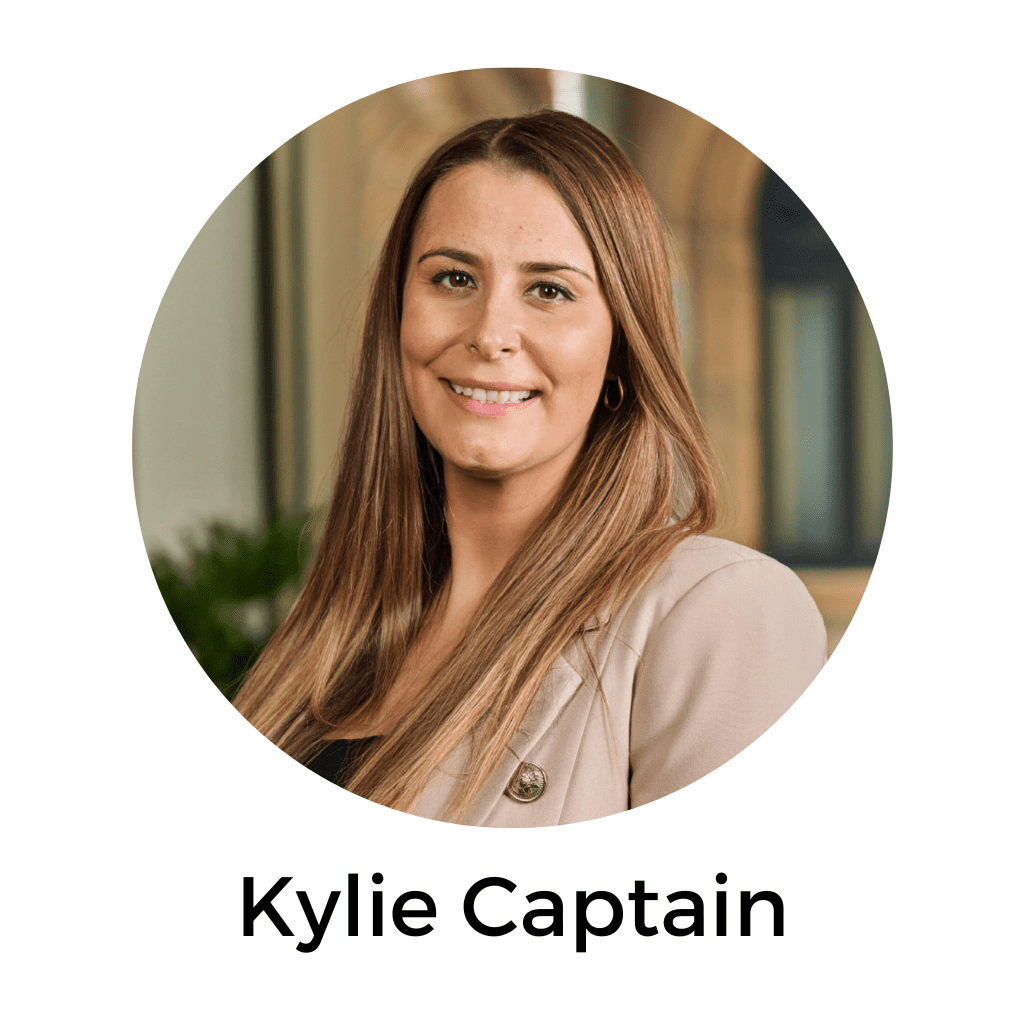
The world’s longest-living and surviving culture has much to teach us about the power of truth-telling, stories, and deep listening.
In fact, in her much-watched TEDx Talk, Emeritus Professor Judy Atkinson refers to the art of deep listening as ‘the Aboriginal gift to the nation’.
In this webinar, we heard from the presenters about their experience working with children, as well as their own personal stories.
Watch the recording to learn more about inter-generational healing, child development and how we can all help to create the culturally safe environments where children can dream big.
Presenters:
Emeritus Professor Judy Atkinson is a Jiman, (central west Queensland) and Bundjalung (northern New South Wales) woman, with Anglo-Celtic and German heritage. She has worked in the field of violence/trauma for the last fifteen years. As Professor of Indigenous Australian Studies at Southern Cross University, she hopes to build bridges between Indigenous healing practice and Western trauma recovery process. Judy Atkinson is an expert in understanding inter-generational healing and recovery from trauma in Aboriginal peoples. Her approach to healing is deep listening. In order to heal, the stories behind the trauma must be heard.
Kylie Captain is a proud Gamilaroi woman, born and raised in the inner-city Sydney suburbs of Redfern and Waterloo. She is an educational leader and author and recently published book Dream Big and Imagine the What If is making a difference to the lives of many across Australia and abroad. Kylie is the President of the Aboriginal Studies Association and over the past 22 years, she has had an impressive career in Aboriginal Education, child protection, finance and community services. Her lived experience as a proud Aboriginal woman growing up in community enables her to lead participants on a thought-provoking journey of change to work towards a more united country with improved outcomes for Aboriginal students, families and communities.

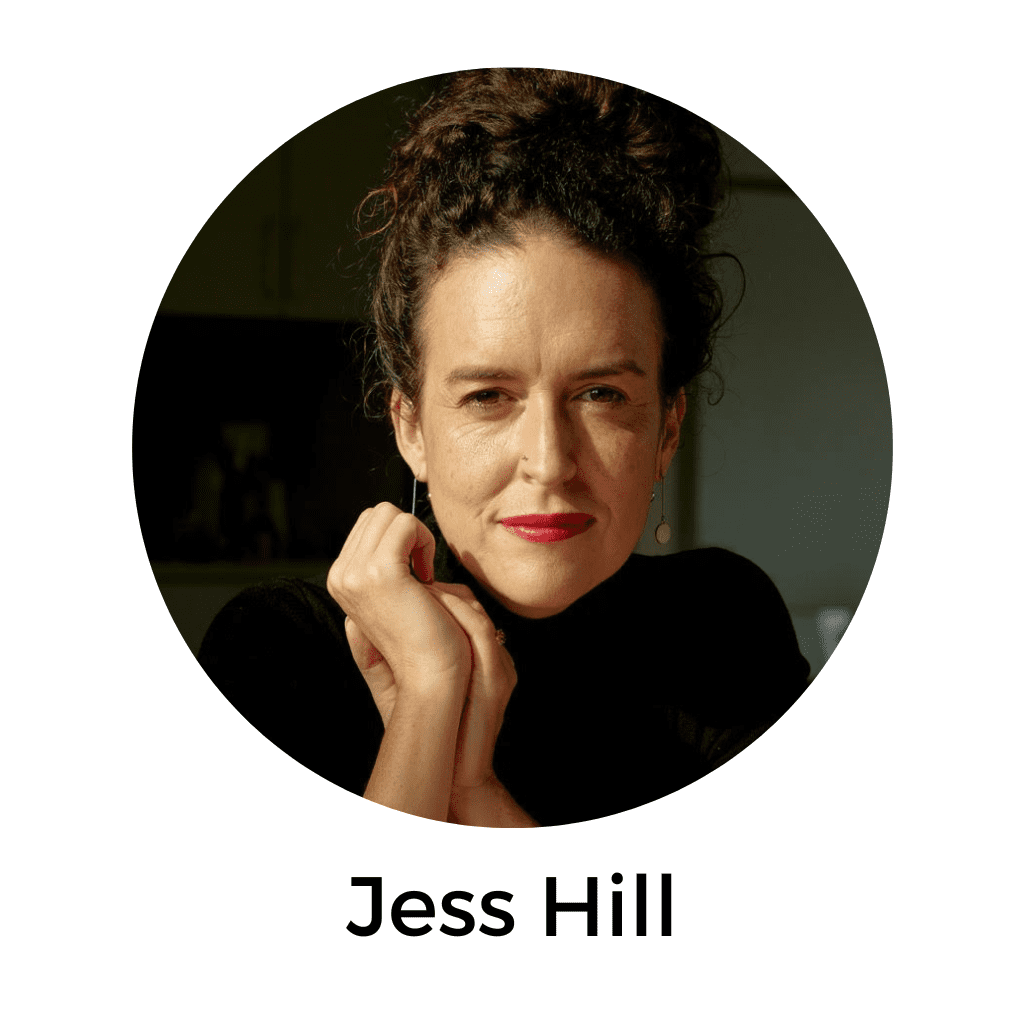
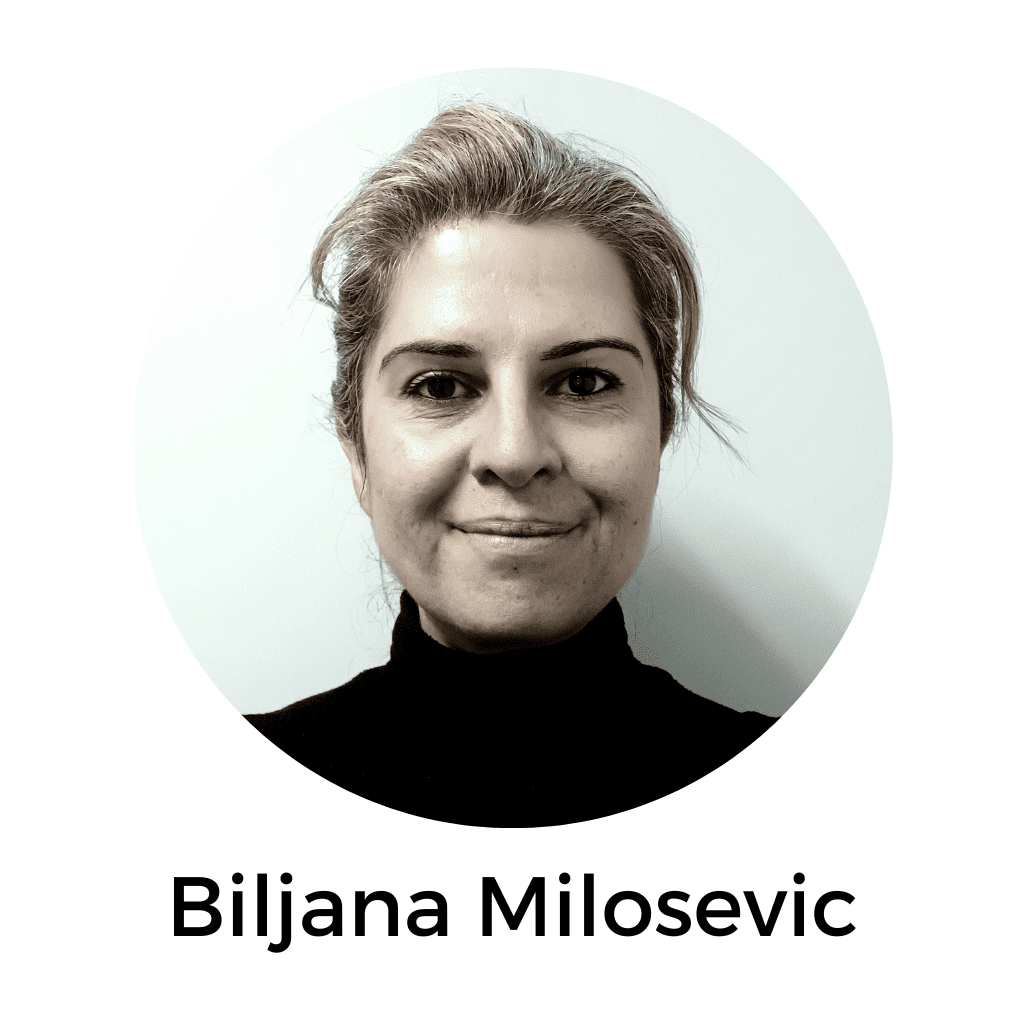
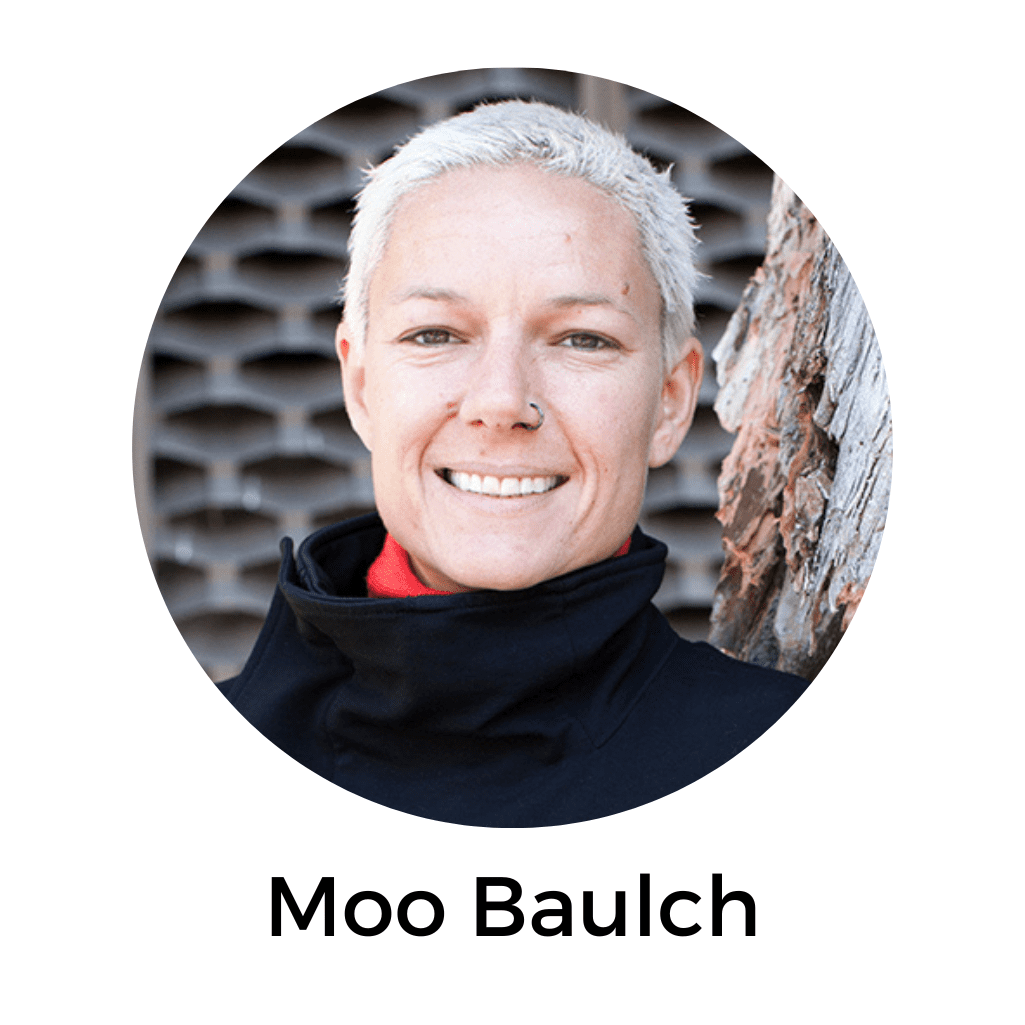
In this discussion we explored what the impacts of experiencing, or being exposed to, family and domestic violence means for children.
While Australia has been having a deeper look at violence against women and shedding more light on what is needed to prevent it, we need to make sure we keep kids in the picture. Children experience violence in the home differently to adults and these experiences can shape their future relationships and health outcomes.
Our presenters discussed how we can keep prevention of harm to children a priority in the family and domestic violence space.
Presenters:
Jess Hill is a journalist, author and speaker and has been championing social issues and gendered violence for almost two decades.
She became a Middle East correspondent for The Global Mail, and then an investigative journalist for Background Briefing. Her reporting has won two Walkley awards, an Amnesty International award and three Our Watch awards.
It was her first book ‘SEE WHAT YOU MADE ME DO’, exploring the phenomenon of domestic abuse and coercive control, that saw her awarded the 2020 Stella Prize. This was then adapted into a three part investigative journalist series on SBS and recently many of you would have seen the new SBS doco series ‘Asking for It’ about consent and sexual assault. Jess has spoken at hundreds of public events about coercive control and consent, and regularly conducts training and education for groups as diverse as magistrates, high school students, workplaces and local councils.
Biljana Milosevic is a bi-cultural Social Worker and the Director of Jannawi Family Centre in Sydney. Jannawi is a Dharug word meaning ‘with me, with you’. The unique family safety service works with people living with family violence and abuse, including sexual harm. It offers therapeutic interventions to adults and children, in addition to complex case management, parent education, risk assessment, child development interventions, home visiting, practical and court support. Biljana has over 22 years of experience promoting family safety.
Moo Baulch is Director of Primary Prevention at WAGEC and is proud to be part of a vibrant, positive and intersectional team that seeks to improve the system for women and families who are most impacted by violence and disadvantage. She has a career-long commitment to addressing and preventing gender-based violence, shining a light on vulnerability and promoting human rights in Australia, UK, Spain and SE Asia. Outside WAGEC, Moo supports the Commonwealth Bank of Australia’s Next Chapter financial abuse response and prevention work and is the chair of Our Watch, an Australian organisation that exists to help prevent violence against women. One of the things she loves most about being a part of the movement to end gender-based violence in a generation is that she gets to work in partnership with leaders across a diversity of community, private, public and not for profit settings to challenge violence-supportive attitudes and work in partnership to build a more peaceful, equal world. Moo speaks fluent Spanish, is a proud queer parent to two young children and lives on unceded Gadigal land.

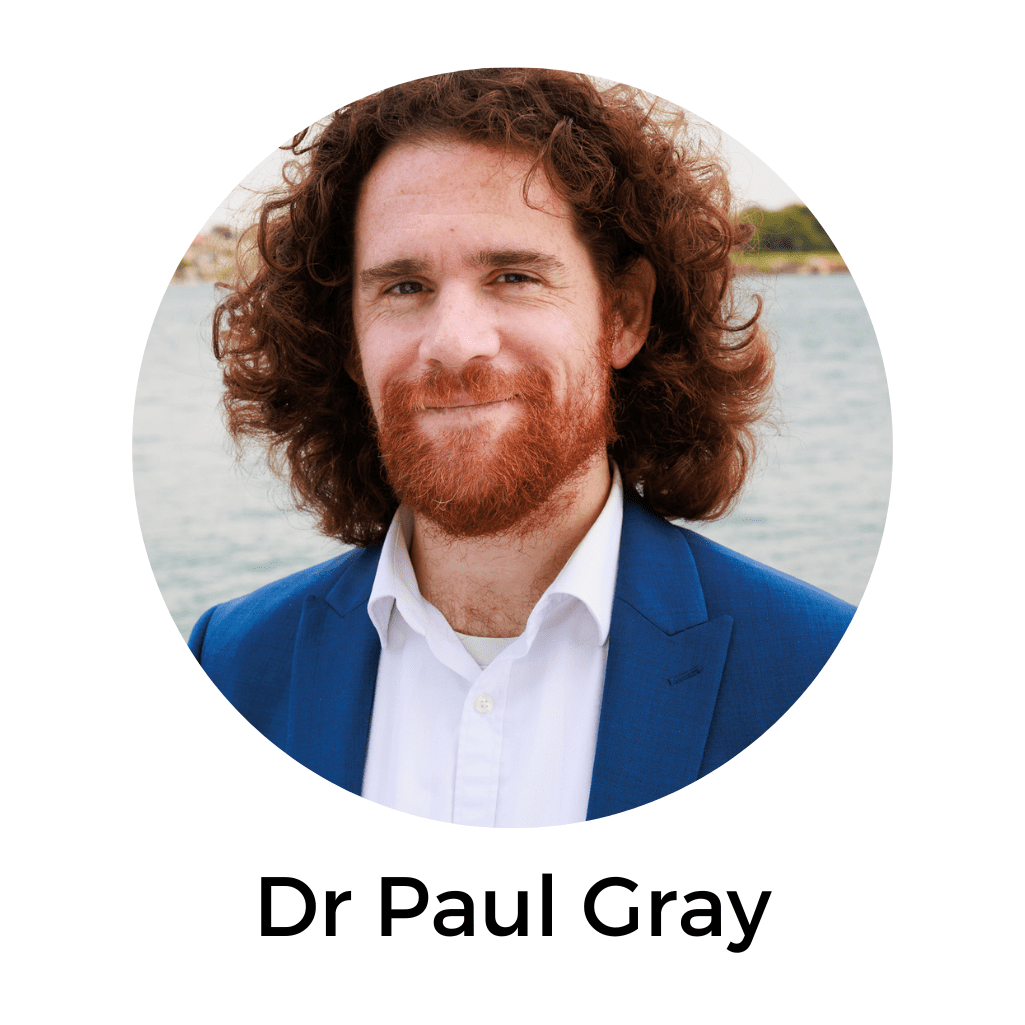
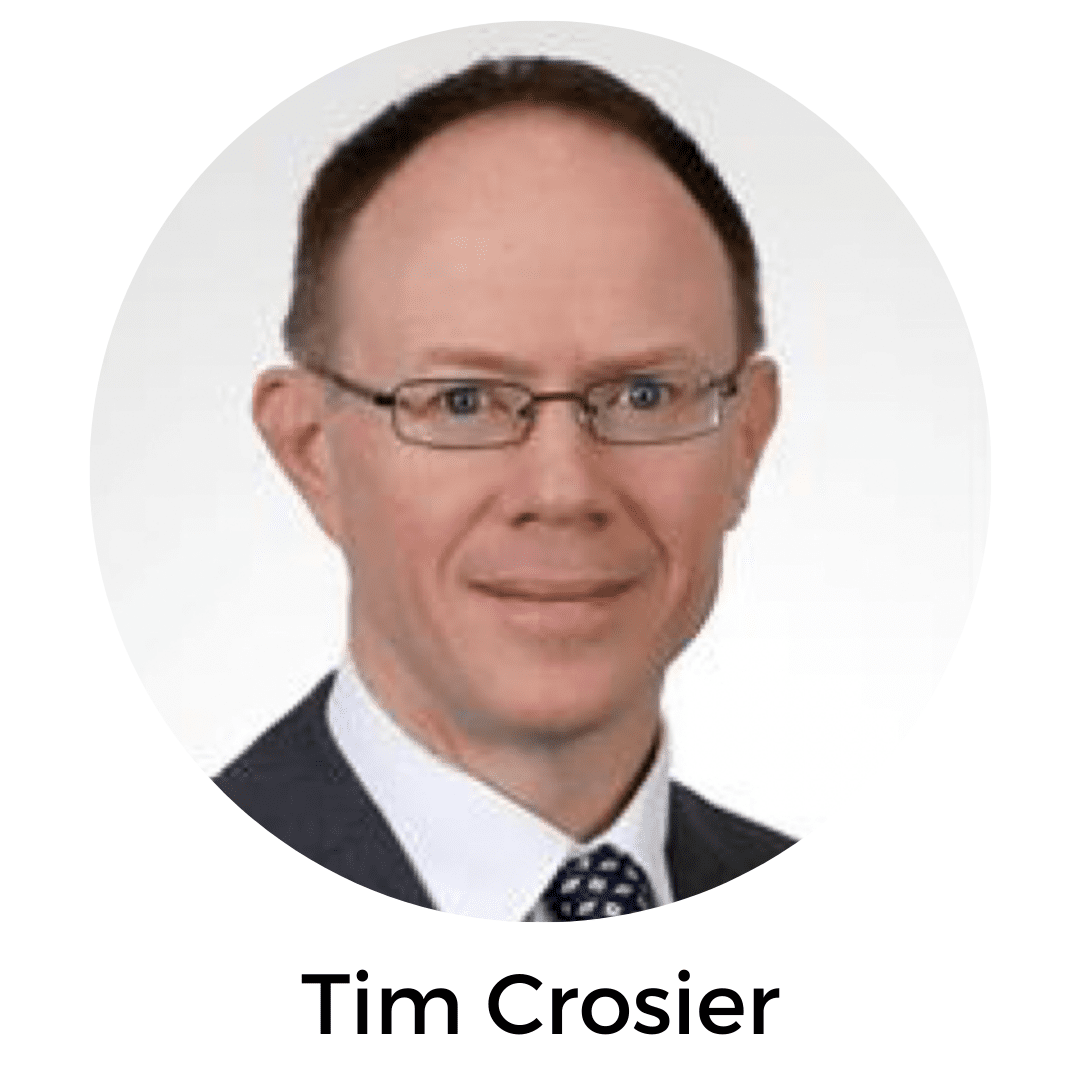
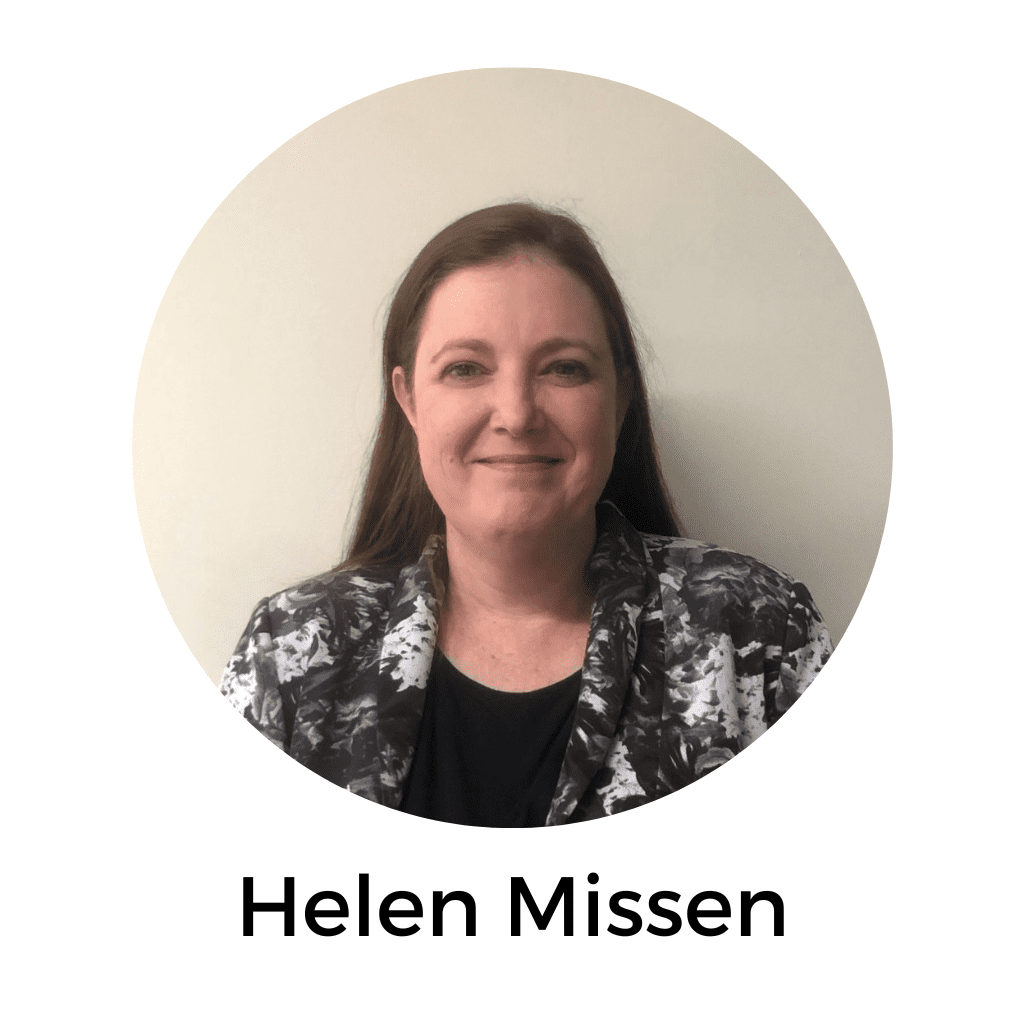
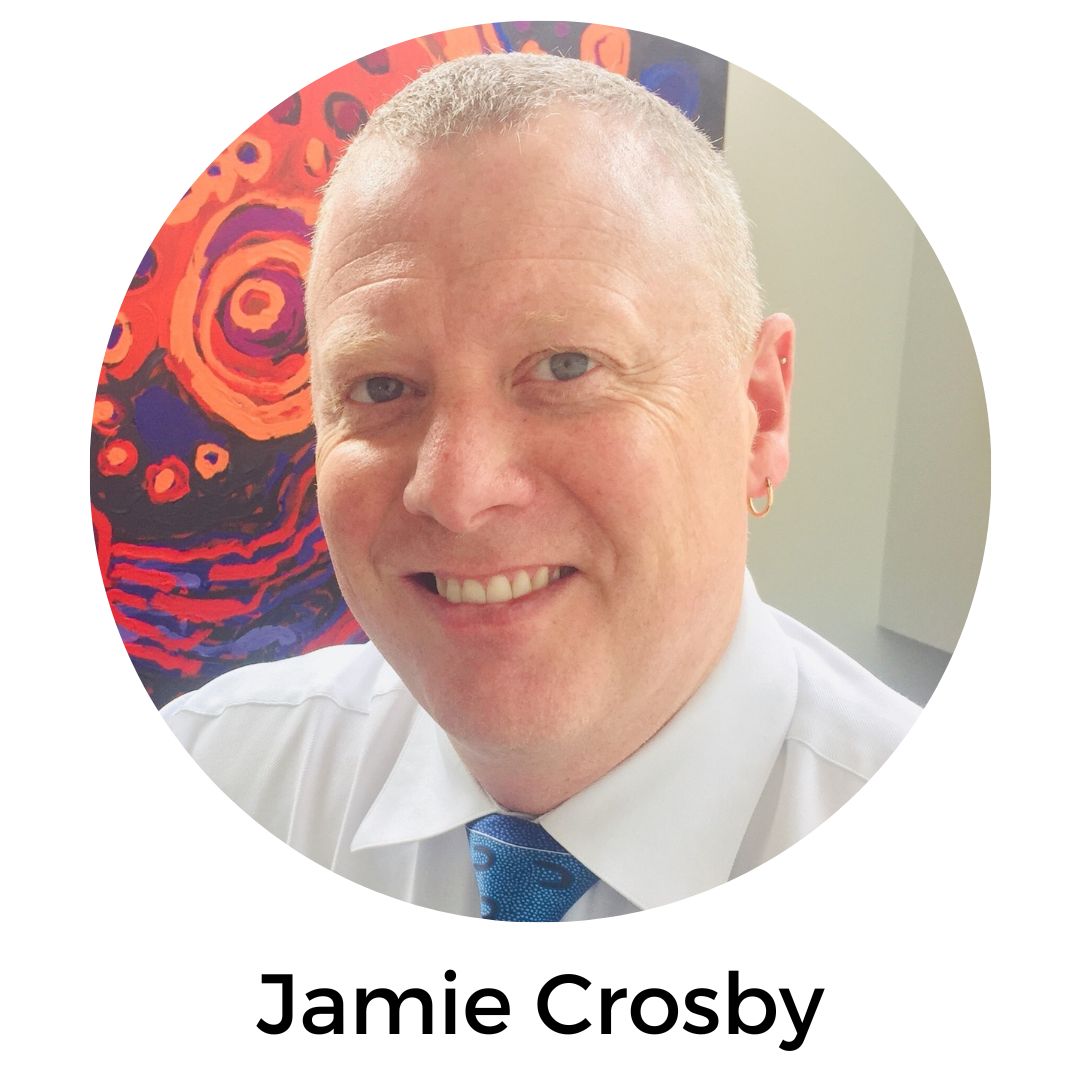
Children thrive in safe and supported communities. In 2023, the first Action Plans for the Safe & Supported: National Framework for Protecting Australia’s Children were released.
In this webinar, those closely involved in leading this work discussed how these action plans will make a difference to the lives of children and their families across Australia.
In particular, we heard about the Aboriginal and Torres Strait Islander First Action Plan which was developed with First Nations young people, families and organisations. It focuses on early intervention and prevention measures at a child, family and system level which is crucial to keeping more First Nations families together and safe.
Presenters:
Facilitator: Jamie Crosby, CEO, Families Australia
Dr Paul Gray is a Wiradjuri man from NSW and Associate Professor at the Jumbunna Institute for Indigenous Education and Research, UTS, where he leads the child protection research hub. He has a long involvement in the child protection sector, including as a psychologist, project and policy work, and leading strategy and advocacy, and has worked in government and Aboriginal peak organisations. Paul is committed to reimagining child protection systems and practice to end their disproportionate impact on our children, families and communities and promote healing.
Tim Crosier is currently the Branch Manager of Children’s Policy Branch in the Australian Government Department of Social Services. He has worked in a number of Australian and UK government departments across a variety of different social policy areas, including social security, early childhood and school education, families, social exclusion, as well as public and mental health.
Helen Missen is currently the Acting Deputy Director-General of the Queensland Department of Child Safety, Seniors and Disability Services. Helen has worked in the child and family sector for nearly 30 years across, policy, programs and inter-governmental relations. Helen co-leads the department’s planning for Treaty Readiness in Queensland and has been a committed partner with Family Matters Queensland since 2016.
Jamie Crosby: Joining the Families Australia team in October 2021, Jamie brings an extensive network of community sector, government and business relationships and advocacy experience to the CEO Families Australia role. Jamie has worked in youth and family accommodation services, juvenile justice, housing and homelessness support programs, and organisations delivering community services and member-based advocacy. He also has deep experience in the Federal public service having spent 10 years working in Indigenous Affairs within the National Indigenous Australians Agency and the Department of the Prime Minister and Cabinet. Jamie is the Convenor of the National Coalition on Child Safety and Wellbeing, a member of the Early Years Strategy Advisory Panel and sits on several community advisory panels and boards.
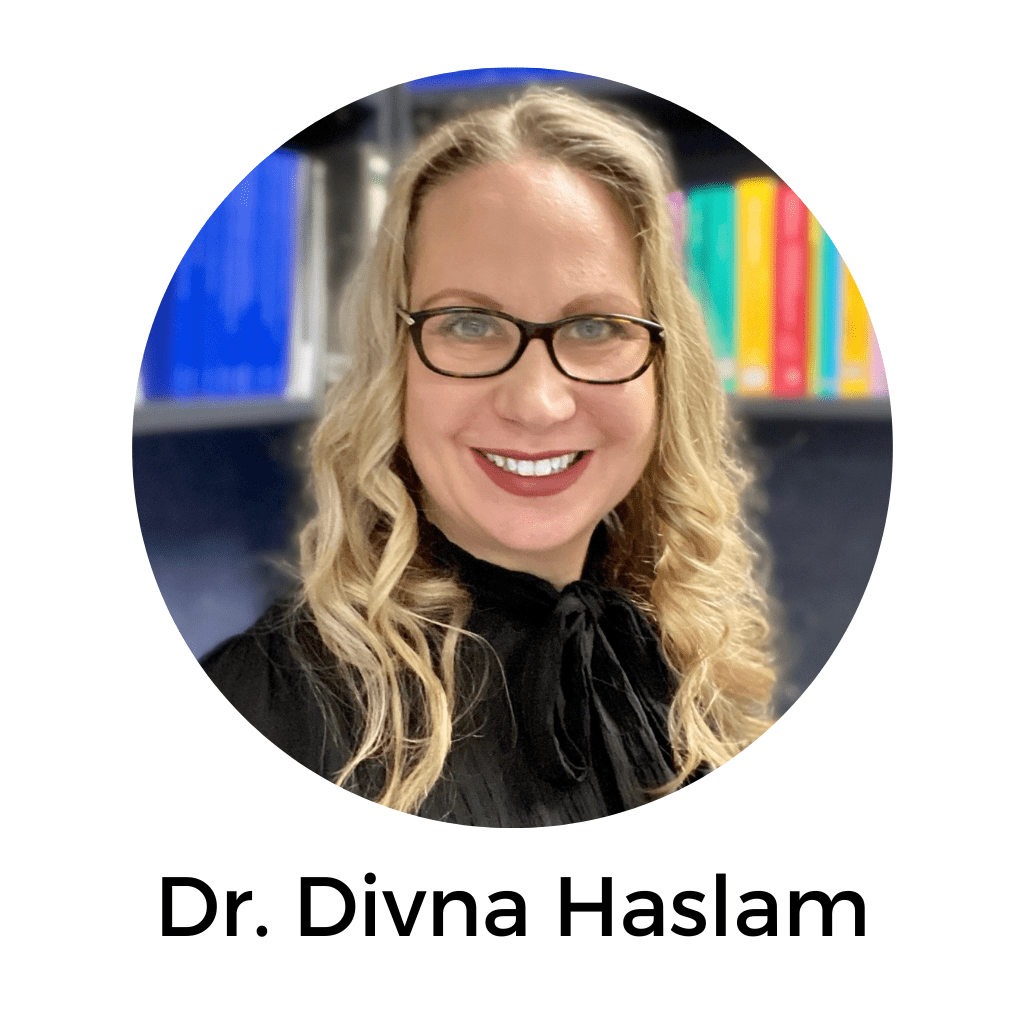
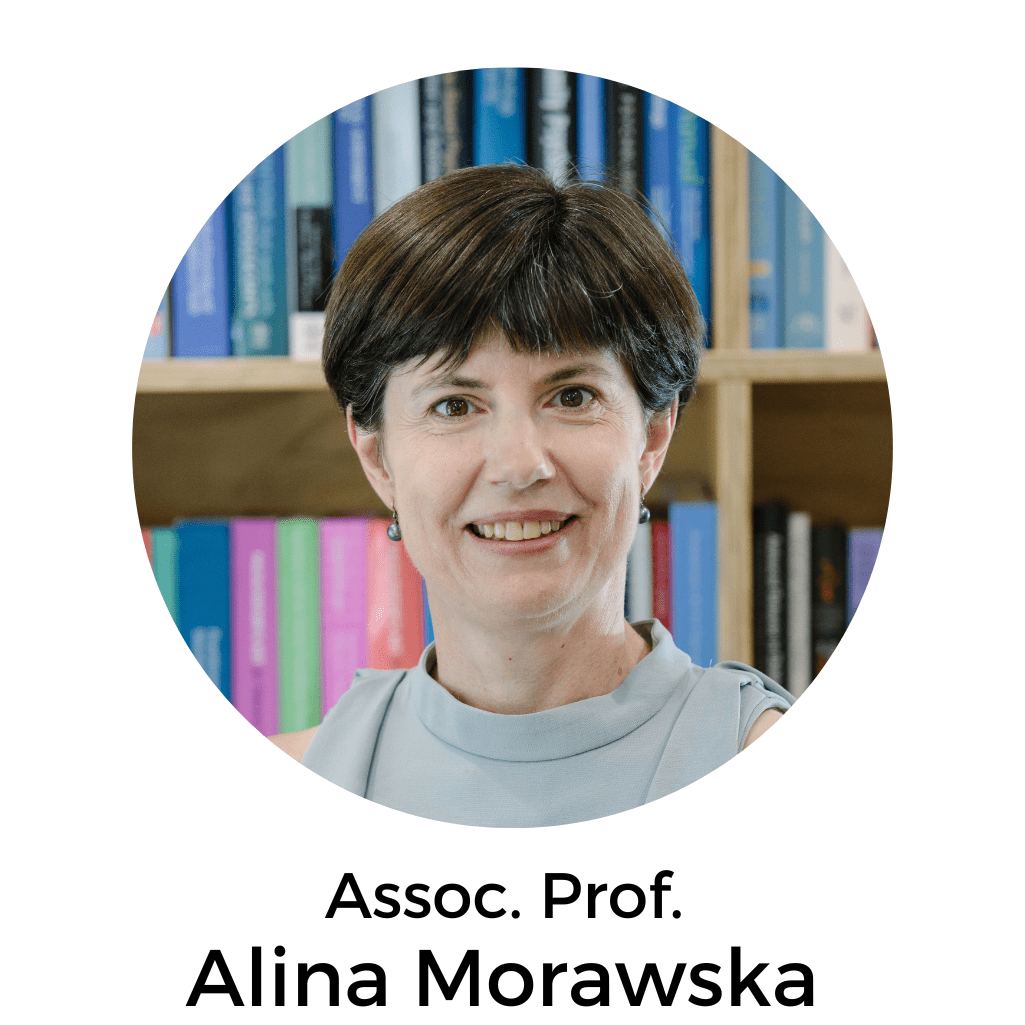
In partnership with the Australian Institute of Family Studies (AIFS)
This webinar exploreD emotional abuse in childhood and the role of parenting support in reducing and preventing child maltreatment.
Despite its high prevalence, emotional abuse is less well-known than other forms of child maltreatment, including physical or sexual abuse.
Recently, the Australian Child Maltreatment Study found that in young people aged 16-24 years, about 35% had previously experienced emotional abuse, with the rate 1.5 times higher among girls than boys. The study also found that 40% of young women experienced emotional abuse before age 18. Furthermore, individuals who experienced emotional abuse in childhood were 2.3 times more likely to have attempted suicide in the past 12 months, 2.1 times more likely to have self-harmed and were 1.8 times more likely to be cannabis dependent, even after accounting for other experiences of maltreatment.
Despite being traumatising and contributing to a range of physical, social and psychological problems, experiences of emotional abuse are often minimised and overlooked in service settings.
Emotional abuse occurs at the hands of parents and primary caregivers and can overlap with other unhelpful forms of parenting. This makes the family environment key for the prevention of emotional abuse in childhood. Parenting programs have been shown to reduce risk factors and enhance protective factors associated with child maltreatment.
Presenters:
Facilitator: Rani Kumar, Deputy CEO, NAPCAN
Dr Divna Haslam is a clinical psychologist and senior research fellow at QUT who works at the intersection of parenting and child maltreatment. Her research centres on children and families with a goal of ensuring all children have access to loving, stable, violence free childhoods. This has involved extensive parenting research within Australia and in diverse cultural contexts as well as epidemiological work around child maltreatment, most notably the Australian Child Maltreatment Study. She combines academic expertise and clinical experience to ensure her work has direct policy and practice relevance. She is frequently called on by the media for comment and has conducted multiple projects for the Australian Government. She has published over 60 scientific papers and received over $1.7 million in research funding. She also holds an honorary position at the University of Queensland’s Parenting and Family Support Centre.
Associate Professor Alina Morawska is Director of the Parenting and Family Support Centre at The University of Queensland. She is passionate about creating a world where children develop the skills, competencies and confidence to adapt and thrive in an ever-changing world. Her research focuses on the central role of parents in influencing all aspects of children’s development, and parenting interventions as a way of understanding healthy development, a means for promoting positive family relationships, and a tool for the prevention and early intervention in lifelong health and wellbeing. She has published extensively in the field of parenting and family intervention and has received numerous grants to support her research. She has been recognised as Australia’s top scholar in family studies.
Rani Kumar is the Deputy CEO of NAPCAN. Rani has extensive experience in the children’s welfare field both in Australia and overseas. She is a skilled policy analyst and advocate for children’s rights.


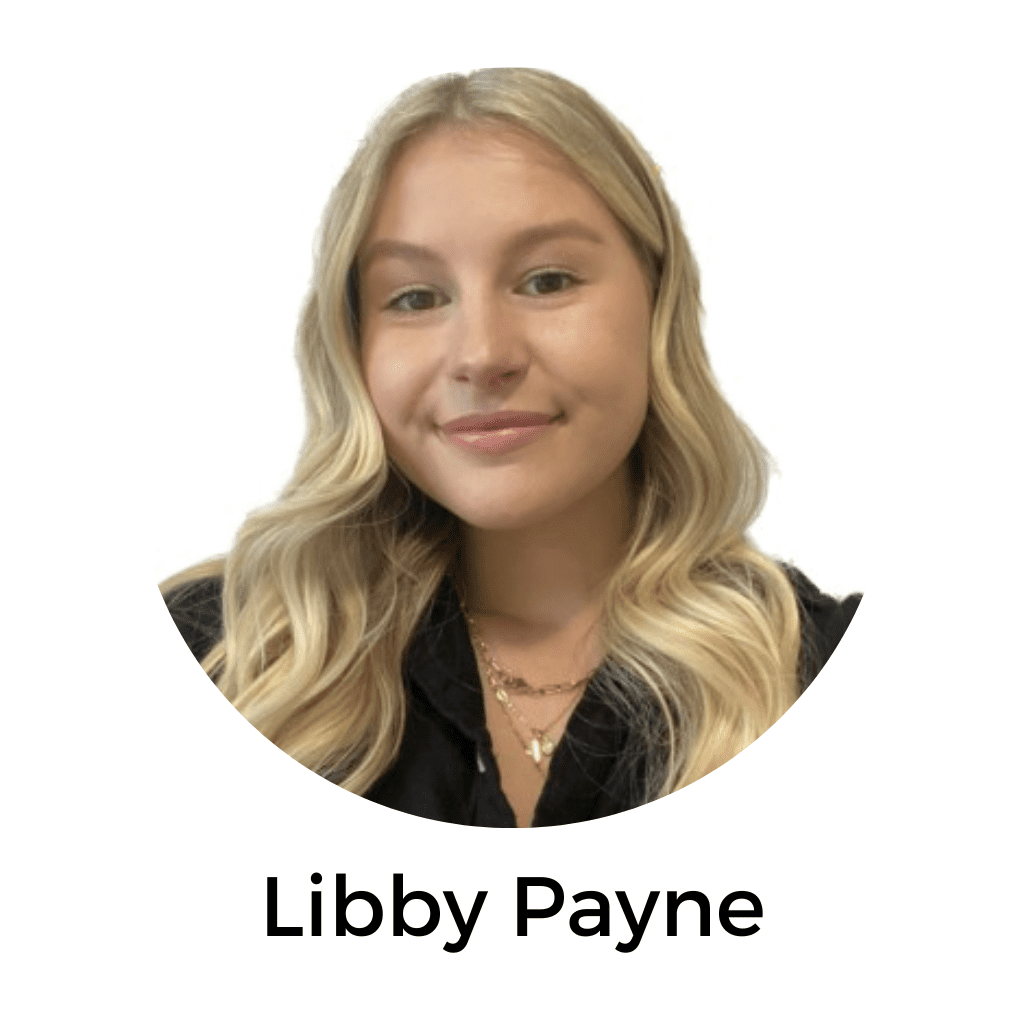
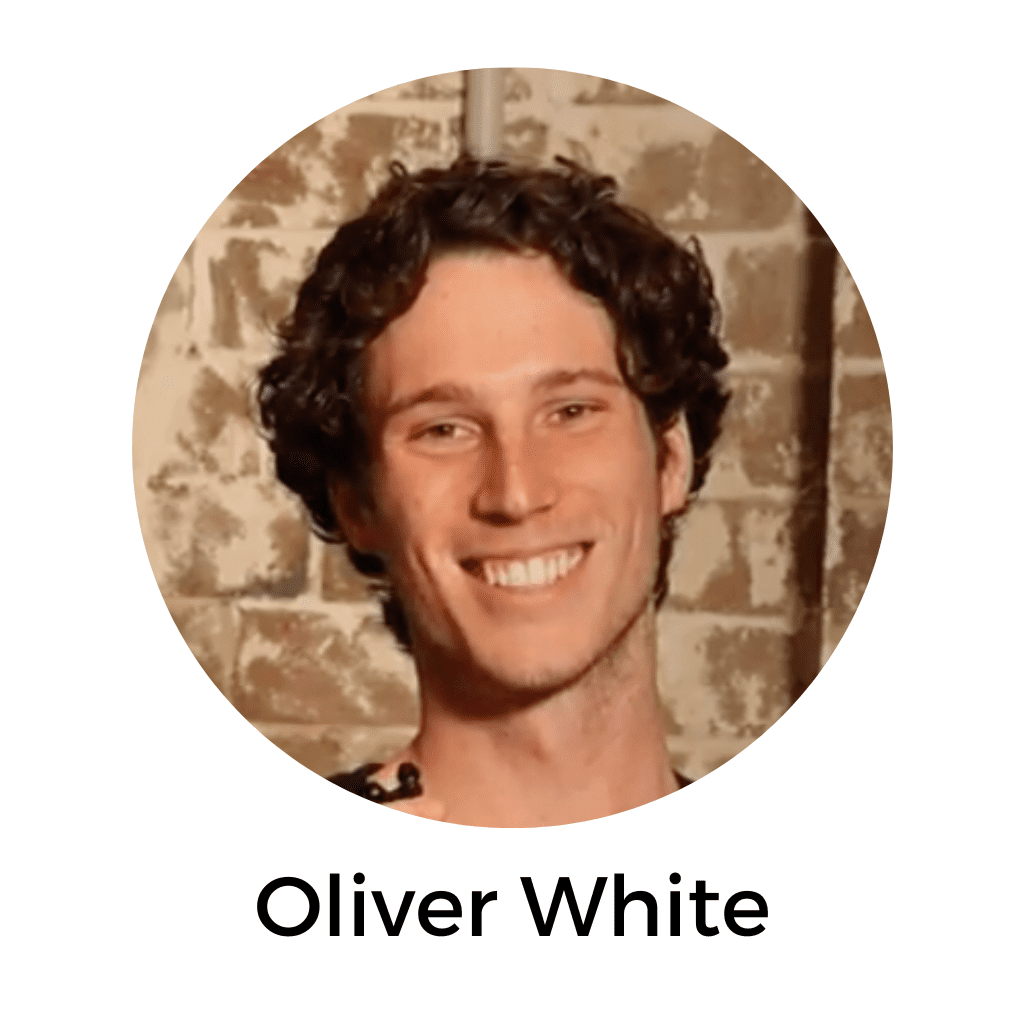
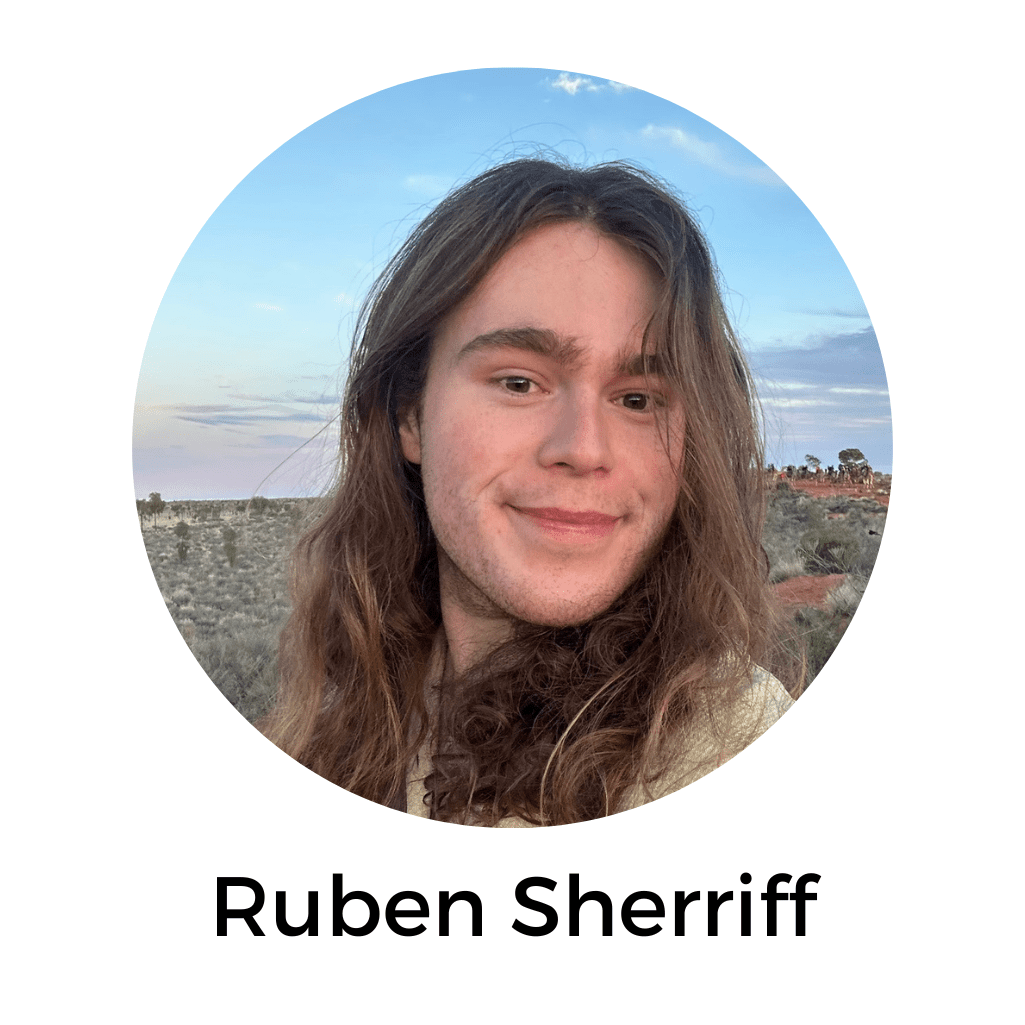
Young voices are an essential – but often missing – ingredient in preventing abuse.
While the Australian Child Maltreatment Study shows that Australia’s prevention efforts have made progress in reducing some types of child sexual abuse, peer-to-peer abuse has increased, as has childhood exposure to domestic violence.
In this webinar, we handed over the microphone to young people themselves to hear what they have to say around questions such as:
Presenters:
Oliver White is NAPCAN’s Youth Project Officer and Chairperson of NAPCAN’s Youth Advisory Council. Oliver came to his work in prevention with a strong commitment towards improving consent and respectful relationships education. He recognises the importance of young people’s voices in decisions that affect them. As a young person himself, Oliver is passionate about raising the voices of his peers and advocating for the rights of young people whose voices are often silenced in Australia. He hopes that through his work, the voices and experiences of young people are not only considered, but championed on a government, organisational and business level.
Chanel Contos started the ‘Teach Us Consent‘ movement in Australia which inspired an ongoing national conversation around sexual assault and the lack of education on consent and sex in schools. Chanel holds a Masters in Gender, Education and International Development at University College London. She was awarded First Class in this degree for her research into how the Australian school system upholds gendered power structures, and her suggestions on how to change this. Prior to this, Chanel taught at the University of New South Wales, where she also studied two undergraduate degrees in Commerce and Arts. Chanel’s work has inspired international activism on exposing and ending rape culture. She now works on structural policy as Director of the Centre for Sex and Gender Equality at The Australia Institute. She won the Young People’s Human Rights Medal in 2021 and a Diana Award for activism in 2022.
Libby Payne (she/her) is a respectful relationships and consent educator. As a facilitator for Coast Shelter she delivers the Love Bites program, is on the eSafety Youth Council, a member of Full Stop Australia’s NSAP Advisory Group, and is a Plan International Australia Youth Activist Alumni. She utilises her lived experience as a queer woman and as a survivor of image-based abuse to advocate for young people in decision making spaces, and recently won the Social Impact in Education Award by Central Coast Council for this work. Her advocacy efforts have featured on 60 minutes, The Project, The Guardian, SBS, and Triple J.
Ruben Sherriff is a proud Pakana man studying Social Work with Honours at UTAS in beautiful Muwinina Country, and a youth advisor to NAPCAN. His many interests include child safety, youth justice, First Nations advocacy, the intersections of Indigeneity and mental health services, as well as sexology and improving sexual national health education. Ruben’s main passion ultimately lies with the accessibility of eating disorder treatment for those who identify as men, and how we can raise awareness and break down stigma. He has also attended the World Indigenous Peoples’ Conference on Education, and represented Tasmania at the Australian Chinese Bridge Competition.
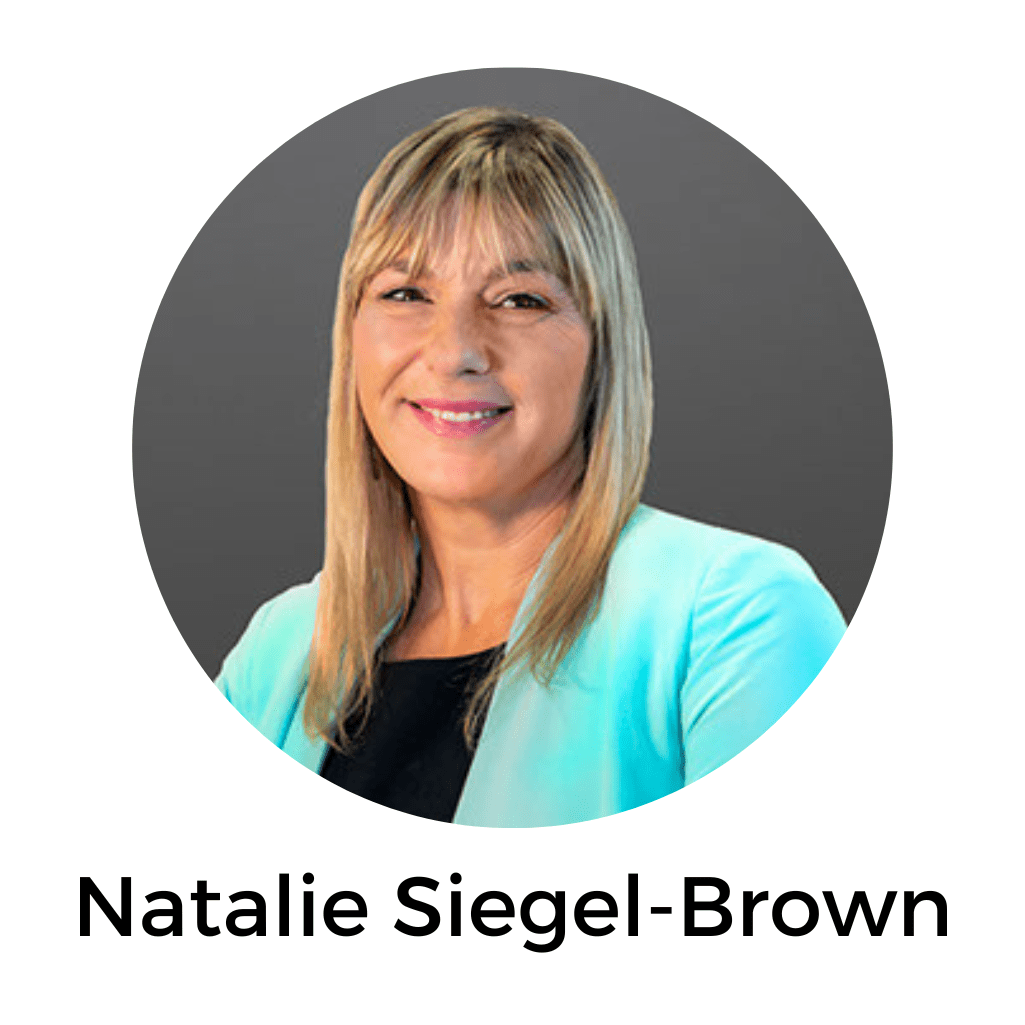
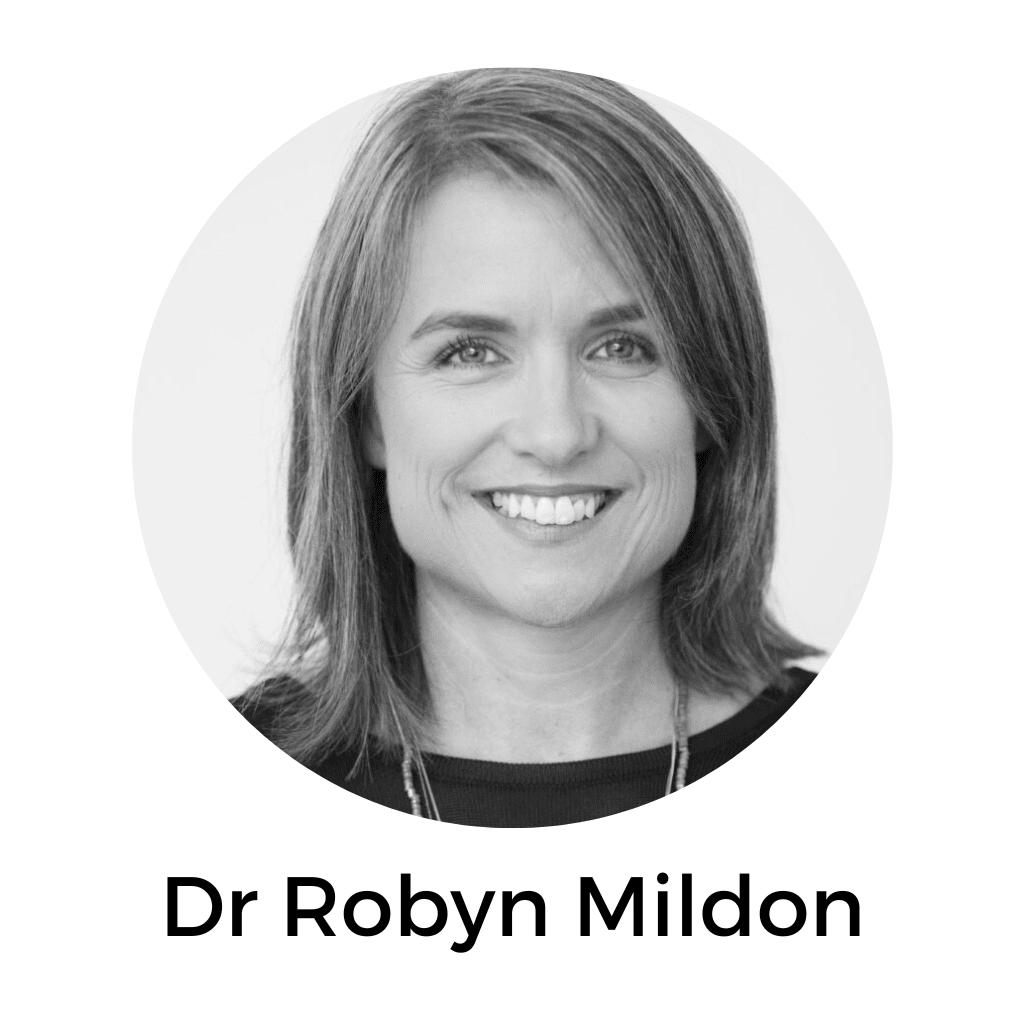
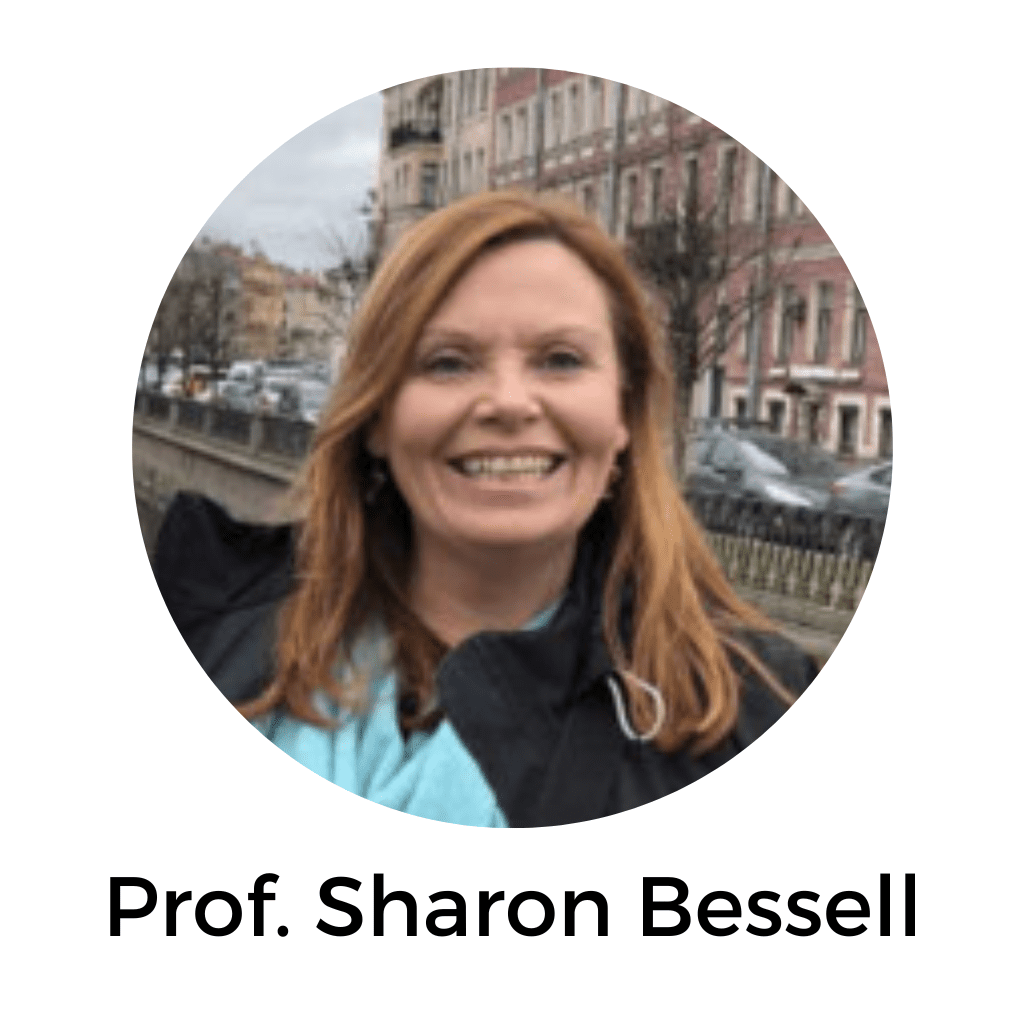
There are significant costs associated with child abuse and neglect.
In this webinar we spoke with key thinkers who help unpack the myths around the economic and structural costs associated with child abuse.
We know there are deeply harmful personal and social costs to experiencing abuse, but what about the significant cost of child protection and related social services? Is this spending effective in keeping children safe and well?
Or can we – should we – restructure our investment to enable better outcomes for children and their families?
Presenters:
Natalie Siegel-Brown commenced a 5 year term as a full time Commissioner with the Productivity Commission in April 2022. Natalie was recently the Managing Director of Child Wise, a non-profit organisation building child safe practice all over the world, and prior to that, Natalie was the Queensland Public Guardian. Natalie has worked across the NSW and Queensland Governments leading public policy and service delivery in domestic and family violence, statutory child protection, ageing and disability. Natalie’s public policy experience includes co-authorship of a national child sexual assault prevention framework, contributing to the National Disability Insurance Scheme (NDIS), aged care and youth justice legislation. Natalie began her career as a lawyer with the Aboriginal and Torres Strait Islander Commission. Over the last decade, she has worked with communities and Aboriginal Community Controlled Organisations (ACCOs) across Cape York, the Western Desert and the Kimberley. Her experience traverses various non-government organisations and the private sector, advising on social investment. Natalie holds a Master of Public Policy, Bachelor of Laws, Bachelor of Arts and an Executive Certificate from Harvard Business School.
Robyn Mildon, PhD, is an internationally recognised figure in the field of implementation science, evidence synthesis and knowledge translation, and program and policy evaluations in health, education and human services. She is the Founding CEO of the Centre for Evidence and Implementation (CEI www.ceiglobal.org), a global social purpose organisation whose work now spans across 8 countries. She is also an Adjunct Associate Professor at Monash University, a Visiting Associate Professor at the Yong Loo Lin School of Medicine, National University of Singapore, and Co-Director of the recently established Behavioural and Implementation Science Interventions (BISI), National University of Singapore. Over her career, Robyn’s work has helped to advance the implementation of better evidence in policy and practice settings, improving the quality and effectiveness of health, education and human services. She has authored or co-authored multiple peer-reviewed publications, commissioned evidence reviews and book chapters including being a co-author of an edited book Implementation Science 3.0 (Springer, 2020). In 2022 she was awarded the John Westbrook Award for Contributions to Knowledge Translation by the Campbell Collaboration. This international award recognises outstanding contributions to knowledge translation and the dissemination and implementation of evidence. Robyn was the founding Chair of the 1st, 2nd and 3rd Australasian Implementation Conference (AIC) was the Co-Chair for the 2018 Global Evidence and Implementation Conference and was the Chair for the Evidence and Implementation Summit, March 2021 www.eisummit.org.
Sharon Bessell is Professor of Public Policy at the Crawford School of Public Policy, The Australian National University. She heads the Children’s Policy Centre and the Poverty and Inequality Centre. She is co-host of Policy Forum Pod. Sharon’s research interests revolve around issues of social justice and human rights, and focus on two broad areas. The first is social policy, social justice and the human rights of children. The second is the gendered and generational dimensions of poverty. Sharon’s work explores the diffusion of international ideas into domestic policy, and the way in which domestic actors adopt or resist global ideas. She has a strong interest in research ethics and methodology, and has published widely on undertaking research with children. Sharon teaches on global social policy, development policy, gender and policy, and children and social policy. She was awarded the College of Asia and Pacific Award for Teaching Excellence in 2016. In 2012 she was voted by students as one of the top 4 lecturers at the ANU and in 2009 was selected as a ‘Top PhD Supervisor’ at the ANU. In 2019 she was named by the Australian Financial Review as one of Australia’s 100 Women of Influence.

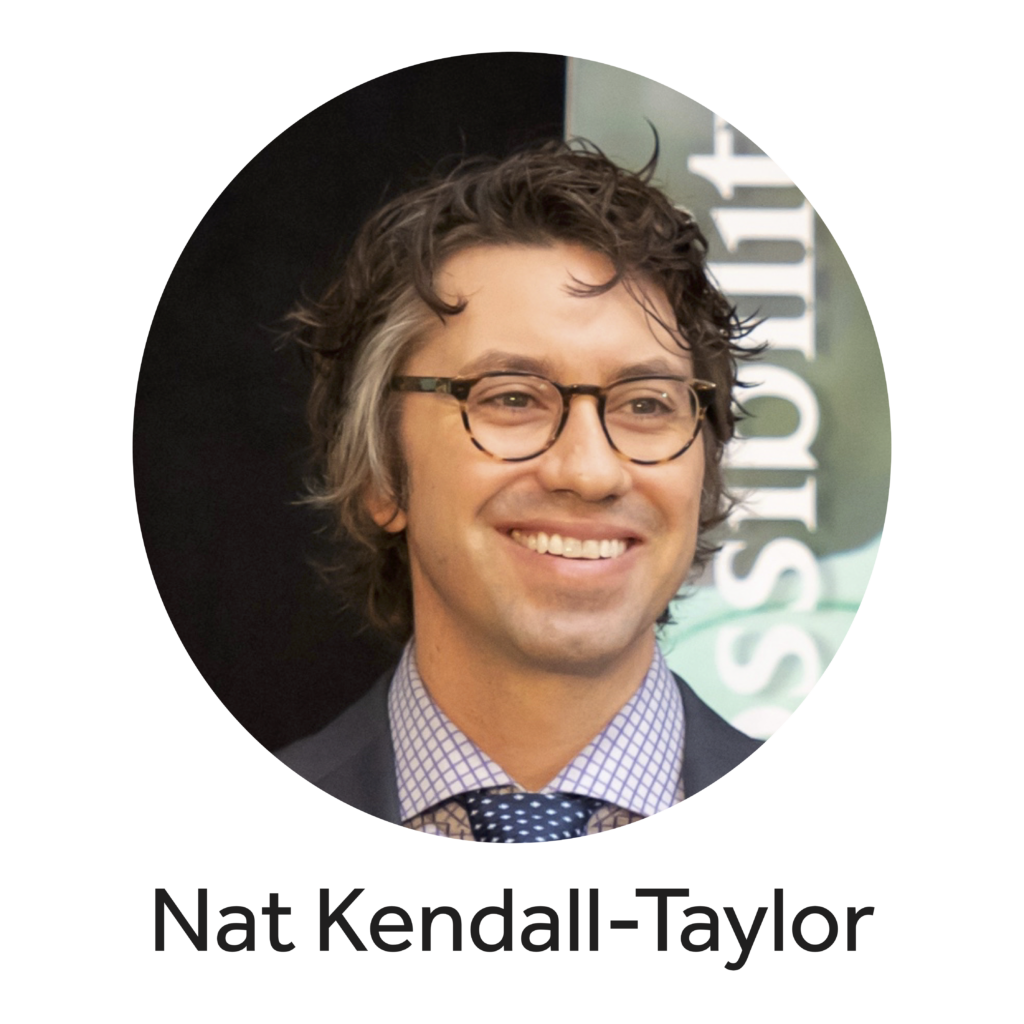
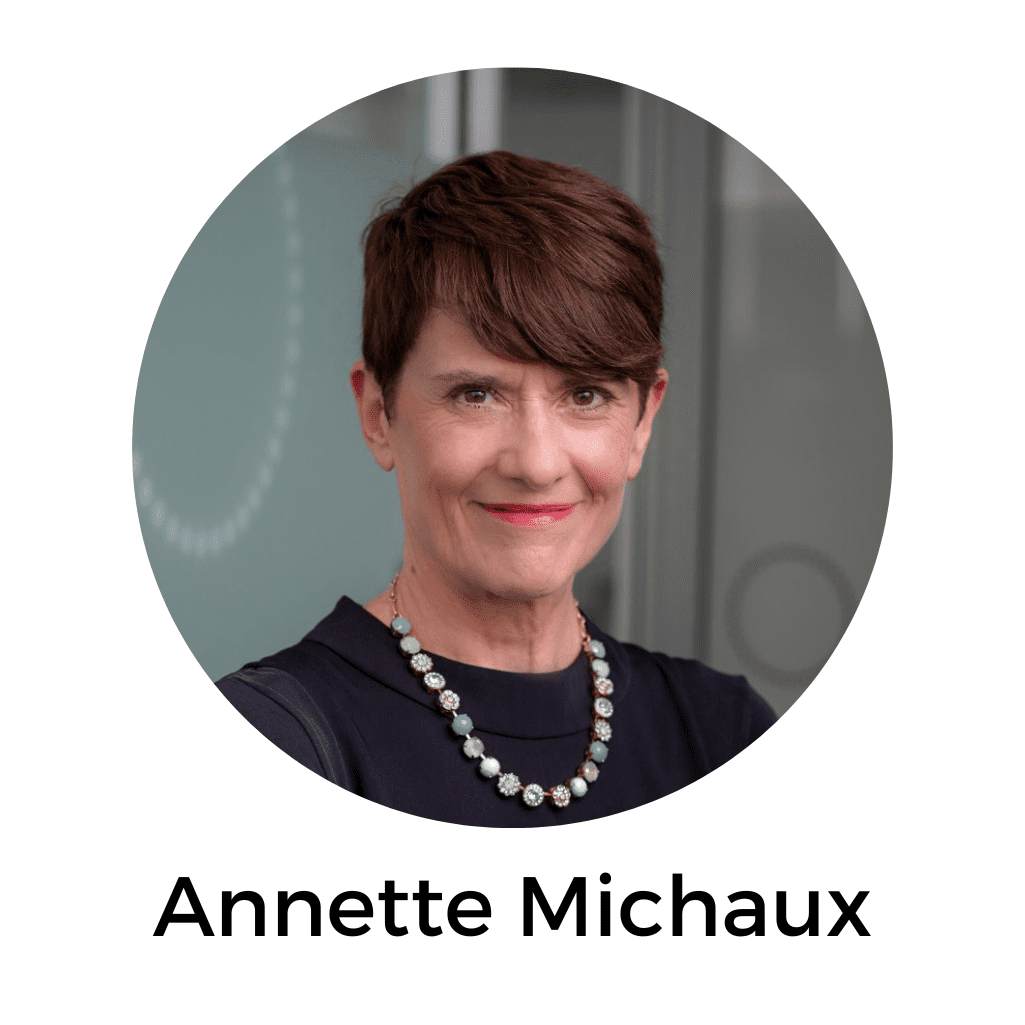
To prevent child abuse and neglect, we need to get our messaging right.
We need everyone in the community – especially decision-makers – to understand the rates of abuse, the impacts, and what needs to be done.
Naturally, it’s tempting to lead with the shocking statistics. However, evidence shows that this can backfire by triggering feelings of fatalism and overwhelm.
In this webinar learned how just a few simple changes to our words and their order can make a huge difference, and help to shift thinking:
Thanks to the Australian Child Maltreatment Study, we have strong evidence.
Find out more about how we can best use this evidence to build support for prevention.
Presenters:
Facilitator: Helen Fogarty, NAPCAN
Nat Kendall-Taylor, Ph.D., is a world renowned expert in using social science to create positive social change, who loves nothing more than to ‘geek out’ about ‘issues framing’. An expert in psychological anthropology and communications science, Nat is the CEO of the FrameWorks Institute. Nat’s energy, enthusiasm and knowledge will leave you looking at the world in a slightly different way and convinced that the stories we tell, and the words we choose matter if we are to change what people think, feel, and do.
Annette Michaux is a Director at the Parenting Research Centre, and project lead for the FrameWorks Institute research on Australian parenting. With a background spanning social work, education, government, research, and non-profit, she has a unique overview of parenting and family support. Her recent work has taken her all over Australia sharing this important new work – with the aim of transforming the way we work with families, and ultimately improving the lives of children. Annette’s experience, clarity and passion for social change, put her in the perfect position to translate research in a practical way that we can all understand and use to improve our work.
